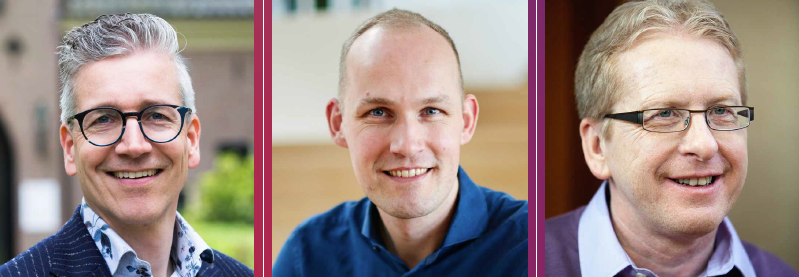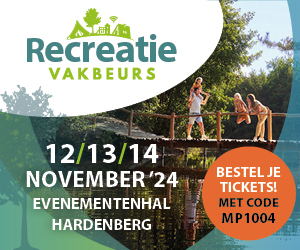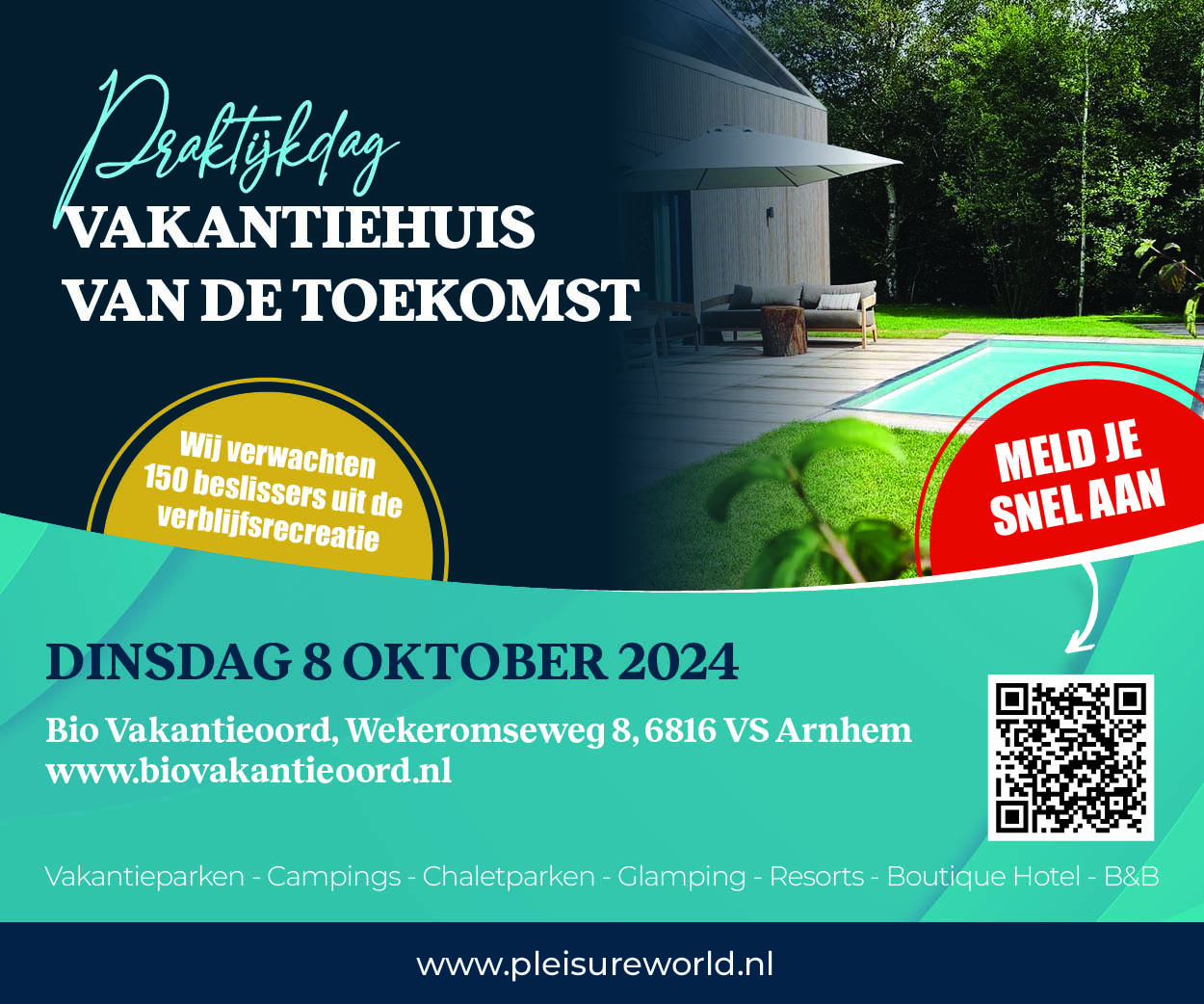Expert perspectives on the future of leisure

Three experts, Menno Stokman, Stefan Hartman and Tony Blackshaw reflect on the future of leisure in big world challenges.
What is your position and how do you view the value of leisure from this perspective?
I am Menno Stokman, director of the Centre of Expertise in Leisure, Tourism & Hospitality (CELTH). CELTH is a research collaboration between BUas, NHL Stenden and HZ, in which we work together with the Dutch and international LTH sector in projects. The value of leisure time is becoming broader and more important. Did you know that the right to leisure time is included as one of the fundamental rights in the Dutch Constitution (article 22)? We try to gain insight into what exactly this broad value means, how we can measure and increase it.
My name is Stefan Hartman and I am programme manager of the European Tourism Futures Institute (ETFI) at NHL Stenden University of Applied Sciences. As far as I am concerned, the value of leisure lies in its contribution to broad prosperity, i.e., to income but also to well-being, relaxation, health and the liveability of places.
My name is Tony Blackshaw and I am a Professor of Leisure Studies and Sociology. Zygmunt Bauman argued that freedom and security are the two most treasured values of modernity, but they are at odds and crosspurposes since we cannot have more of one without the other. What he ignored is leisure is the twenty-first century’s primary value sphere (in Max Weber’s understanding) because it is here that we find out what movement there is between the two – but without losing sight of either.

What is the biggest challenge the world is facing?
Menno: The necessary sustainability is the biggest challenge. We are off course to achieve the Paris climate goals because we do not want to let go of the old structures. We need to make a transition to a new system and change of era.
Stefen: Responding to changes, which come at society from all sides and in all sizes. From technology to demographics, politics to climate change. It won’t stop, it will only grow. We need to prepare for that.
Tony: The hegemony of neoliberal ideology. It is now so deep-rooted the market has colonised those domains of human life once considered beyond the reach of market forces. We all know about Nature (think about the Anthropocene) but think too about the Unconscious (e.g. all those five-year-olds stressing about school).
In your opinion, how can the leisure sector respond appropriately to it?
Menno: For leisure, tourism and hospitality this means that the positive value of the domain and the contribution that the domain can make to social challenges are becoming increasingly important. Digitisation and AI offer opportunities to help change and positively increase the experience of LTH within ecological upper limits. In this respect, it also helps to compensate for the shortage of human capital.
Stefan: Developing adaptive capacity. The art of responding to change. This is a skill at the level of individuals, of organisations but also entire sectors and destinations.
Tony: The leisure sector must support community projects based on a critical community practice model (theoretically informed) which challenges social exclusion, humiliation and disrespect and promotes social inclusion, empowerment, and mutual recognition.
Do you see an innovative example that inspires or can trigger a new direction?
Menno: The developments around Van Gogh are a strong example. It is used as a unique leitmotif to develop leisure offerings. See the recent opening of the Van Gogh Village Museum in Nuenen as a new highlight in the Netherlandswide Van Gogh offerings. With the development of the Van Gogh National Park, a large nature reserve is being created. A wonderful example of leisure development serving various purposes, with offerings that can be experienced by both residents and tourists from far away
Stefan: I see great examples in Friesland how a collaborative ecosystem of all kinds of parties (government, organisations, entrepreneurs, education) has emerged and the ‘collaboration table’ initiated by the Ministry of Economic Affairs that brings together all (!) parties in the hospitality domain. These kinds of initiatives are needed. Connections between parties are needed to find each other quickly and take action as needed.
Tony: The universal basic income (UBI) pilot schemes. Should UBI be universally introduced, it would not only replace unemployment and social security benefits, but also lead to a reduction in the need to work (and an increase in leisure time) – if properly funded through a progressive tax system.



































































